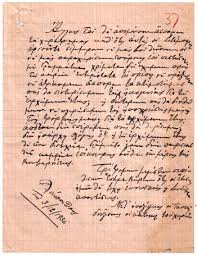
PKMB v DHL 2018 BCSC 186 reviewed some of the basic principles relating to what is a trust.
A trust is the relationship, which arises whenever a person called the trustee is compelled in equity to hold property, whether real or personal, and whether by legal or equitable title, for the benefit of some persons, of whom he may be one, and who are termed beneficiaries, or for some object permitted by law, in such a way that the real benefit of the property accrues, not to the trustee, but to the beneficiaries or other objects of the trust.
In order for a trust to be valid, there must be evidence of the three certainties, namely the certainty of intention, the certainty of subject matter, and the certainty of objects.
In the Bankruptcy of Taylor Ventures, LTD 2004 BC SC 1612, the court described the three certainties as follows
Certainty of Intent:
It must be established that there was a clear intention to create a trust and the language used by the settler must be imperative.
As well, the intention of the settlor of the trust must be ascertained at the time of the settling of the property transferred upon the trustee. For a trust to be valid, the certainty of intent must be made known to the trustee. Re New Home Warranty of British Columbia (2000) 29 CBR 232 BCSC;
Certainty of Subject Matter
A trust cannot be established if the subject matter of the alleged trust is undefined;
Certainty of Object
The beneficiaries must be clearly identified as must the way in which the properties to be applied.
There must be no uncertainty as to whether a person is a beneficiary. If a description of a class of beneficiaries is used, the description must be certain, and it must be possible to ascertain who are the members of the class in the total membership in the class.




